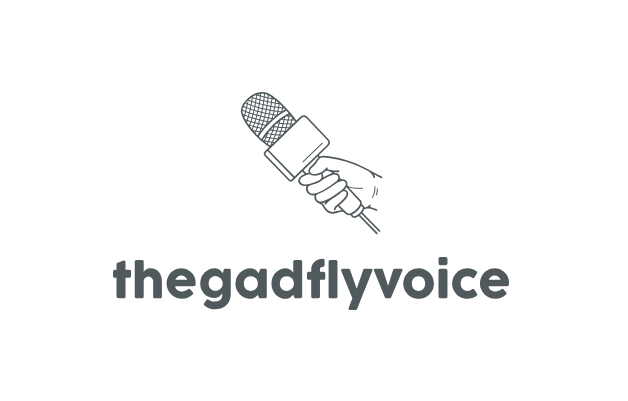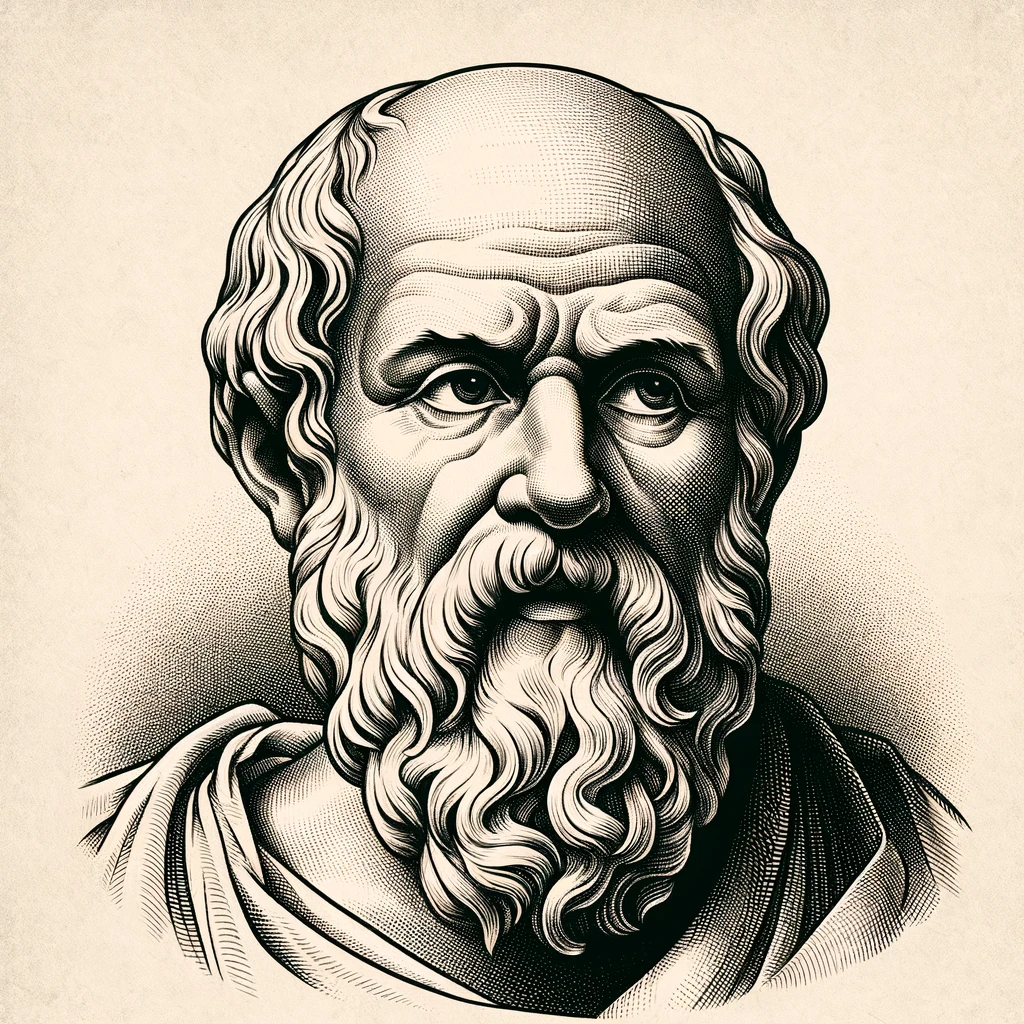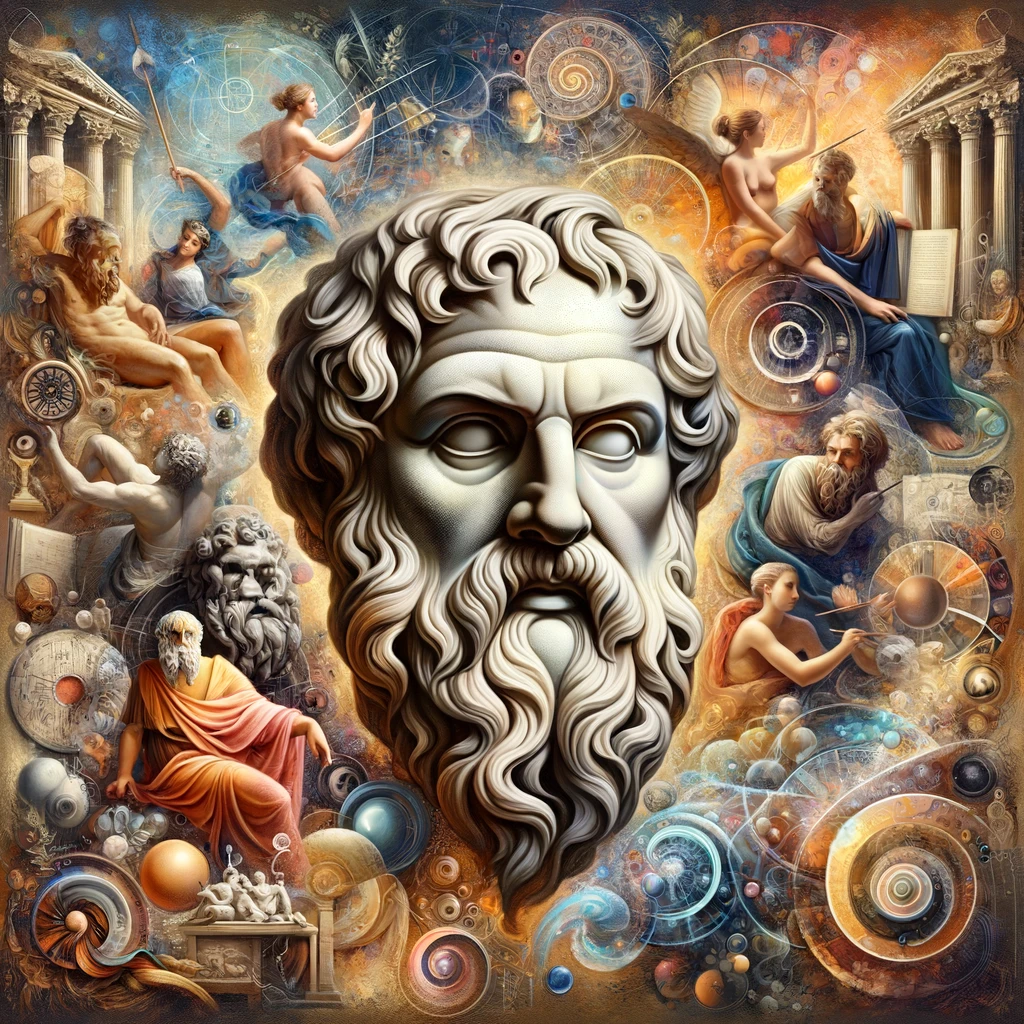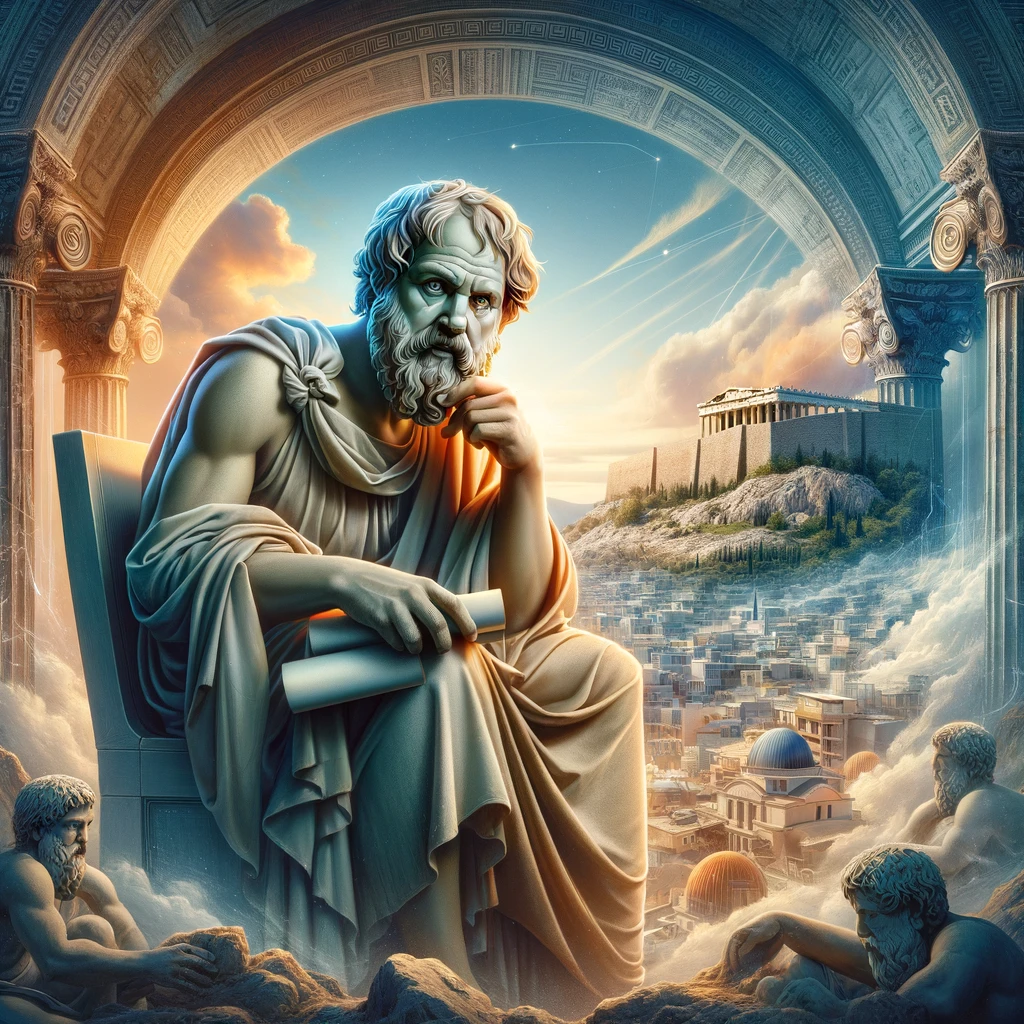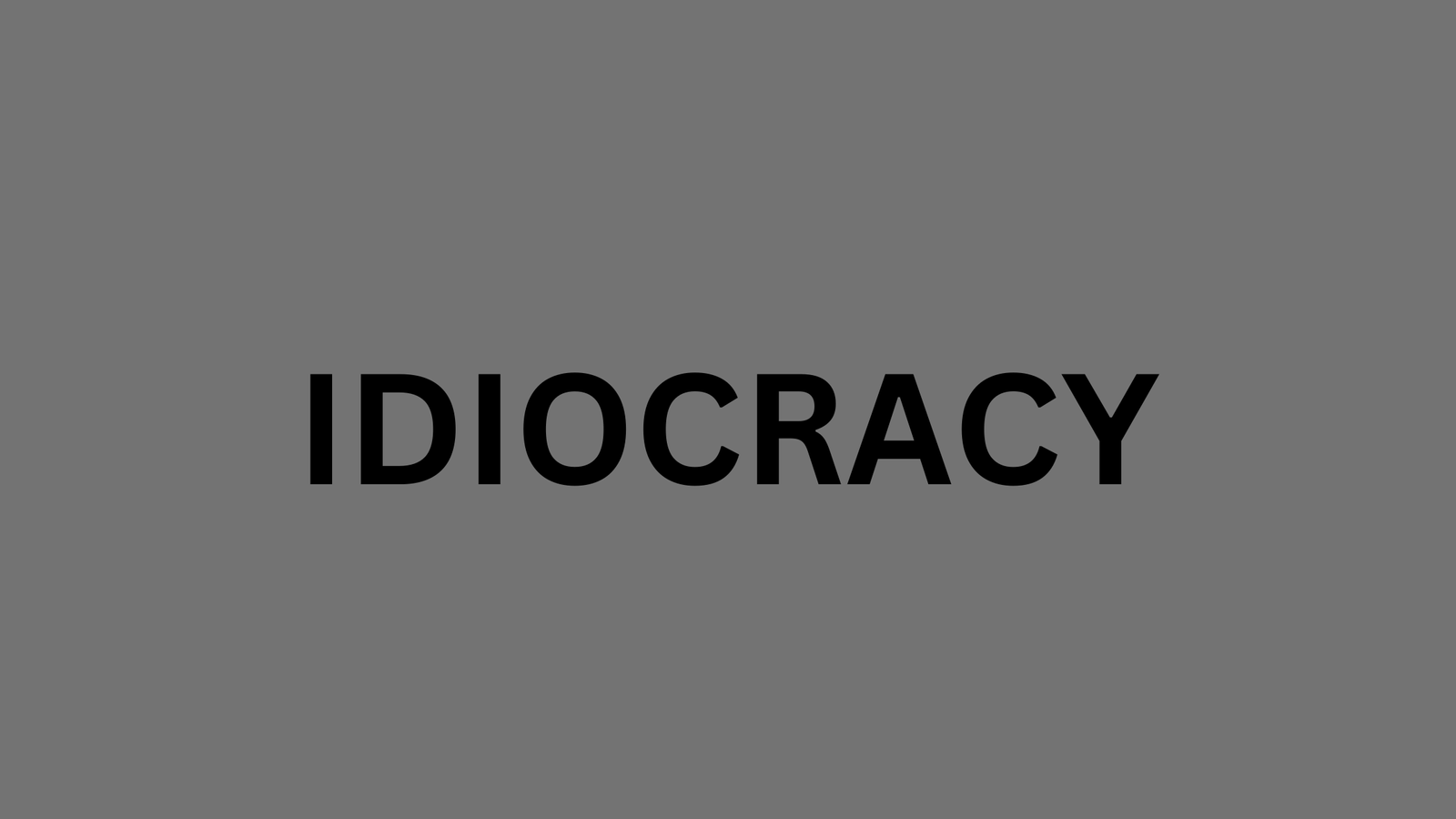In a world increasingly driven by technology, the rise of idiocracy becomes a pressing concern. We find ourselves heavily reliant on the internet and artificial intelligence (AI), shaping the way we think, communicate, and interact. But what if this dependence on technology leads us down a dangerous path? Are we on the brink of an intellectual decline, and is there a hidden agenda behind it all?
The internet and AI have undeniably transformed our lives, providing instant access to information, communication, and entertainment. However, as we immerse ourselves in a digital world, the line between knowledge and misinformation becomes blurred. Social media algorithms cater to our biases, creating echo chambers that reinforce our beliefs. This selective exposure can limit critical thinking and contribute to the spread of misinformation.
As we become more reliant on the internet and AI, our ability to think independently and critically may suffer. We rely on search engines to answer our questions, virtual assistants to manage our schedules, and social media platforms to shape our opinions. But what happens if the internet suddenly collapses? Are we equipped to navigate a world without instant connectivity and digital assistance? Our dependency on technology raises questions about our resilience and adaptability.
In a hypothetical scenario where the internet fails, the consequences could be far-reaching. Our reliance on digital infrastructure for communication, finance, transportation, and more could lead to chaos and disruption. Without access to instant information and communication channels, the loss of internet connectivity could impact businesses, governments, and individuals alike. The collapse of society as we know it may not be far-fetched.
Conspiracy theorists speculate on whether the increasing reliance on technology and the internet is part of a grand plan. Some believe that governments or powerful entities control the flow of information to manipulate and control society. Others attribute these developments to a deeper, more sinister force at play. While the truth remains elusive, it’s crucial to question the intentions behind the rapid advancements and our growing dependence on technology.
While concerns about the rise of idiocracy are valid, it’s essential to strike a balance. Embracing technological advancements while nurturing critical thinking and independent thought can help safeguard against intellectual decline. By encouraging curiosity, fostering face-to-face interactions, and promoting media literacy, we can mitigate the risks of blindly succumbing to the allure of the digital age.
As we navigate the era of the internet and AI, it’s crucial to evaluate the impact on our intellectual abilities and societal well-being. The rise of idiocracy is a complex issue, influenced by various factors, including our own choices and the agendas of powerful entities. By recognizing the potential pitfalls, questioning the status quo, and actively engaging in critical thinking, we can strive for a future that balances technological progress with intellectual growth and autonomy.
Are we merely passive observers, surrendering to the allure of mindless entertainment and manipulated news, or will we rise to confront the perilous path of our technological dependence? Our addiction to the internet has rendered us incapable of imagining a life without it, yet this reliance on convenience may lead us to an intellectual abyss. Should the day come when the internet is taken from us, we risk regressing to a primitive state, left scrambling in the ruins of our civilization. It is time to awaken, resist the seductive pull, and reclaim our destiny before it’s too late.It’s either to stand up and fight or fall in line and watch idiocracy to take over,the choice is yours!
